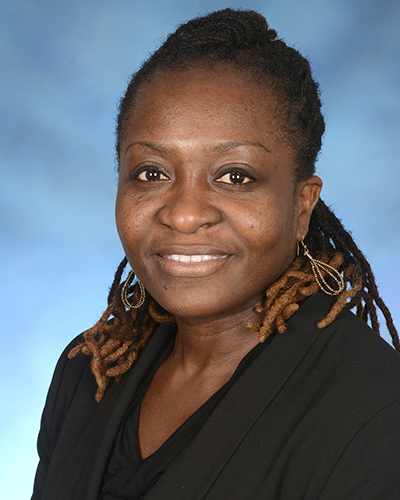February 06, 2022 | Madhukar Pai

I was once called a 'double agent' because I grew up and trained in India, but now do global health research and teaching in Canada. I think it was meant as a compliment (I hope!) to suggest that someone like me understood global health from both perspectives. Of course, there are people from high-income countries living and working in low- and middle-income countries.
Historically, and even today, every aspect of global health is dominated by individuals, institutions and funders in high-income countries. In this landscape, how do double agents straddle two worlds? In what ways do they contribute? What privileges do they enjoy because of their status? What conflicts and challenges do they face and how do they try to resolve them?
This post is my attempt to tackle a complicated issue that has been on my mind for years. Indeed, 5 years ago, I wrote a post about how immigrant scientists can serve as dual citizen scientists and give back to their home countries. This time, I crowd-sourced input from 19 other double agents.
...“A conflict I struggle with is, from my position of privilege, if I am perpetuating harm (e.g. racism, prejudice, disrespect, imperialism) against my own people in the work that I do. Am I an agent for helicopter or parachute research? Am I colonialist and condescending in my approach to research among my own people? To what degree am I authentically representing and respecting my heritage, while meeting stereotypical expectations of excellence in academics?” asked Nadia Sam-Agudu, a Senior Technical Advisor, Institute of Human Virology Nigeria, and Associate Professor of Pediatrics at the Institute of Human Virology, University of Maryland School of Medicine.
Contact
Vanessa McMains
Director, Media & Public Affairs
Institute of Human Virology
University of Maryland School of Medicine
vmcmains@ihv.umaryland.edu
443-875-6099
Related stories

Thursday, June 22, 2023
STAT: A looming penicillin shortage threatens pregnant adults with syphilis and their newborns
Pfizer announced last week that it expects to run out of a key drug for treating syphilis in the near future — a looming problem that health professionals say could exacerbate syphilis rates, widen racial disparities in sexually transmitted diseases, and stymie global access to the antibiotic, especially within lower-income countries. The drug in question is Bicillin, an injectable, long-acting form of penicillin most commonly used to treat syphilis in adults as well as childhood infections.

Wednesday, August 17, 2022
Africa Defense Forum: Study: COVID-19 Bigger Risk For Pregnant Women
Pregnant women who catch COVID-19 are in much greater danger than previously suspected, according to a new study that analyzed data collected from six African countries.

Wednesday, August 17, 2022
Popular Science: As COVID vaccines reach kids worldwide, a gap in Africa leaves everyone exposed
Many African countries have fallen behind on delivering COVID shots to kids, despite a higher risk of severe sickness in a massively young population.

Friday, May 20, 2022
Quartz: The most advanced treatments for monkeypox were developed to address the wrong threat
A few cases of monkeypox have been registered in Europe and North America, far from West and Central Africa where outbreaks typically emerge. With covid still very much ongoing and fresh memories of early 2020, the alert has gone up quickly, lifting the shares of makers of the medications that would be needed to treat a monkeypox outbreak.

Tuesday, April 19, 2022
Quartz: Poor countries got screwed on COVID vaccines. They’re making sure it won’t happen again
Since early on, the pandemic has highlighted inequality both on a micro scale—within countries, between social classes and ethnic groups—and a macro one—between rich and poor countries. It also confirmed what many of those working in global health—particularly in and for low- and middle-income countries—expected: In an emergency, no matter the declared values and intention, people will first and foremost, and in many cases only, care about themselves and their own.

Friday, March 04, 2022
The Atlantic: The Pandemic Is Following a Very Predictable and Depressing Pattern
Americans, by and large, are putting the pandemic behind them. Now that Omicron is in the rearview mirror and cases are plummeting, even many of those who have stayed cautious for two full years are spouting narratives about “going back to normal” and “living with COVID-19.” But in the global South, COVID-19 is much harder to ignore. More than a year after the start of the mass-vaccination campaign, nearly 3 billion people are still waiting for their first shot.

